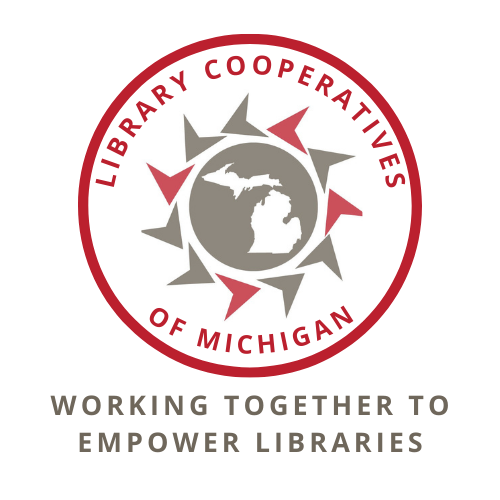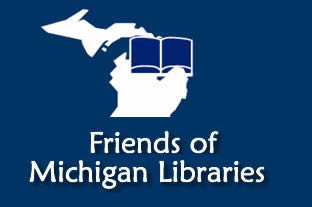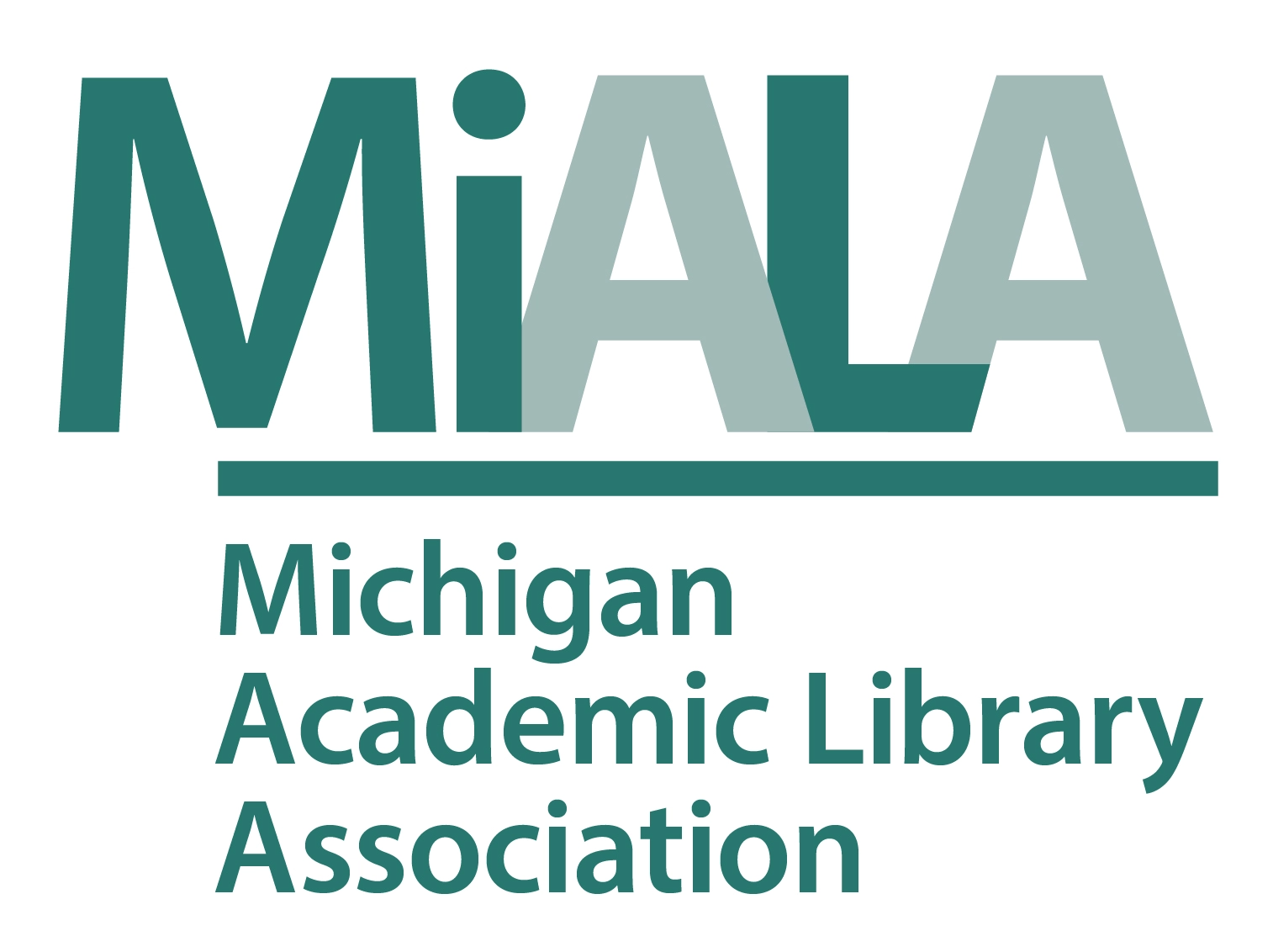| News - MLA | |||
| Written by Juliane Morian, Clinton-Macomb Public Library | |||
| Tuesday, July 09, 2019 03:05 PM | |||
MLA Code of Conduct Training: Reflections and TakeawaysIn June, MLA took a deep dive into the new MLA Code of Conduct Policy now in effect for all functions and events that the association hosts. The policy is comprehensive and deliberate in explaining acceptable and unacceptable behavior. It affects all attendees, vendors, and staff (including any hospitality staff) interacting with the MLA event, and therefore understanding the policy, and how to implement it consistently, is crucial. MLA is committed to ensuring a safe, productive, and welcome environment for all professional development activities and events. To aid in understanding how the leadership at MLA (such as MLA staff, Board, work group Chairs and members) should respond to questionable behavior, MLA asked Helen “Lizzie” Mills to walk through the policy from a legal and human resources point of view. Ms. Mills is a member of the law offices of Fahey Schultz Burzych Rhodes PLC and is proficient in the legal side of labor and employment law. Lizzie opened the session by asking attendees – "how many of you are part of a protected class?" She challenged us to consider the fact that in Michigan nearly every person can claim a connection to a protected class because current laws ascribe race, gender, religion, national origin, disability, marital status, whistleblower status, height and weight as a factor in harassment claims. Using various examples, she guided attendees through the process of identifying and reporting harassment, which she summarized as deliberate and disparate treatment of someone else. That set the stage for talking about unacceptable behaviors at association events. We spent the majority of our deep dive discussing how MLA staff, Board, and other ambassadors of MLA need to respond if they witness or are made aware of inappropriate behavior while at an MLA event. Lizzie was quick to point out that while our state and federal laws are designed to protect against harassment in a legal sense, we can do better than that as an organization. A code of conduct statement is a step in the right direction for greater civility. Even though the state and federal laws fall short of giving us guidance on how to be good humans, a code of conduct policy can do just that – we can and should be better than the laws require us to be. In short, Lizzie, with her sharp wit, motivated all attendees to take action on any misconduct and in her words, “show that you give a damn.” She drilled us on the importance of disrupting and diffusing misconduct, challenged us to step up with assertive communication, and follow-up with a report to another senior member of the MLA. As a result of the training MLA invested in, we now have a deeper understanding of how to be an ally to any person that reports misconduct at an MLA event, to lead by example, and to inspire others to do the same.
|








